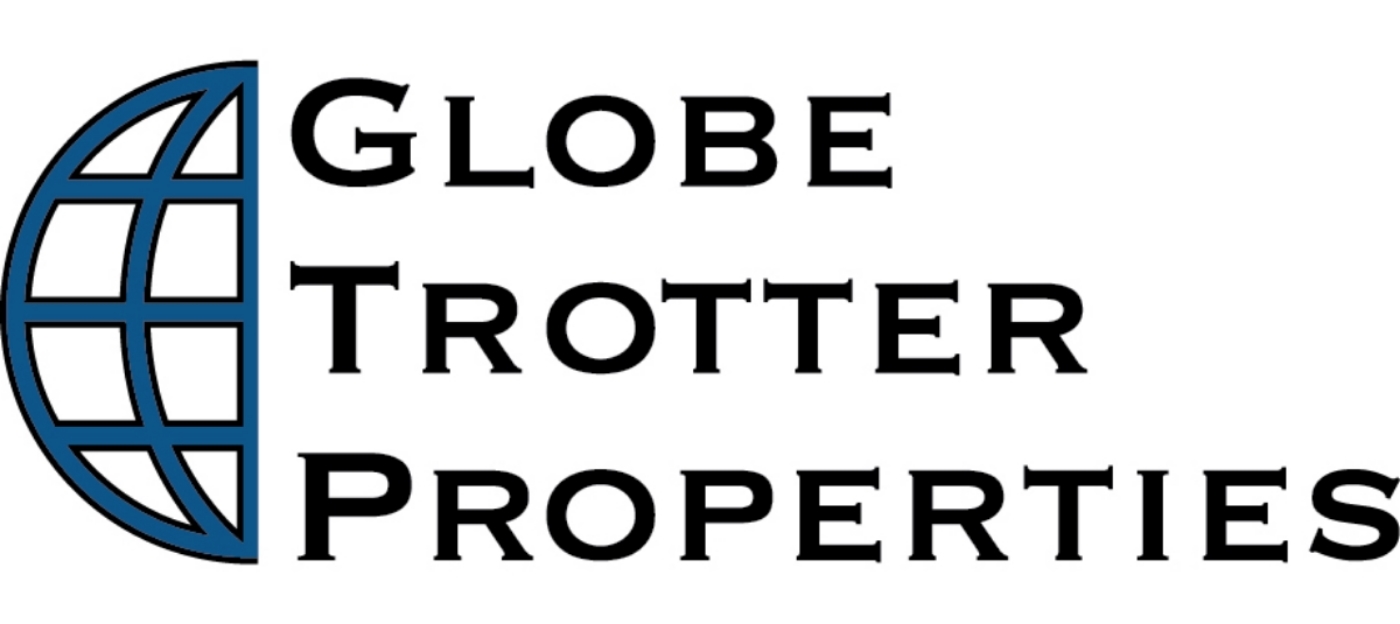Mandi has been with GTP since 2016. She’s risen up through the company, first as a property manager, then a team lead, then operations manager for DC and Maryland, and finally as our IT and Training Manager, a role that was created just for her.
Friendly referral
Mandi first came to GTP through our current office manager, Tamar, who was then a property manager and a friend of Mandi’s. Tamar knew Mandi would be a great fit, not only for her work ethic and positive personality, but for her background and interest in housing. Prior to GTP, Mandi spent years working in the nonprofit housing sector. Her background including working on tenant rights, credit repair, first time home ownership, and homeowner/tenant relationships. She was especially drawn to GTP’s staff who are international, globally-minded, and multi-lingual. (Did we mention Mandi speaks fluent Spanish and dabbles in Portuguese and American Sign Language?)
Mandi started her GTP career as a property manager in DC in 2016. Her natural leadership was noticed and she quickly became the Team Lead for DC and Maryland. As the company grew, Mandi became the first Operations Manager for DC and Maryland, teaming up with Tiffany Hughes, her Virginia counterpart. As Operations Manager, she oversaw day to day troubleshooting, supporting property managers and tenant/homeowner relationships.
“What I liked most about that role was the support role I played. I really enjoyed training new staff, supporting them, and finding new ways to do things.”
Mandi quickly became the go-to person for streamlining GTP’s procedures, and creating more efficient ways to provide excellent service. Her current position was created for her, allowing her to focus on training and becoming a bridge between Maryland, DC, and Virginia.
“Each region has its own rules and regulations, in Maryland it can be county by county. I love learning and investigating. One thing that has been a constant in my professional life is taking on the role of being a resource guide. Learning new things and relaying information is a challenge that I really enjoy.”
Supporting each other is key
Mandi’s favorite thing about GTP is the amount of balance and support that the team receives. Mandi was excited to join GTP because of the flexibility that it allowed for her to work, and maintain balance at home. The team structure works well in identifying and showcasing team talent and individual skill sets.
“The team leads are great at conflict management and really excel in that area, while I get to focus on my strengths, like bridge building and communication. The partners are great at identifying leadership potential and moving property managers into team lead positions. They identify talent, challenge their staff to move forward and support them in the process.”
Home Owner
As a homeowner renting out a property, Mandi appreciates all the issues that can come up with home ownership and rentals.
“I would expect my property manager to be honest and transparent with me. I know how important it is to have a good tenant. A good relationship with a good tenant is important to protecting your financial investment. I would expect my property manager to reach out and make sure my tenants were happy, especially these days, as so many people are struggling. Nurturing this relationship helps build a great foundation for long term gain.”
What’s next for Mandi?
As soon as the Covid-19 travel restrictions are lifted, she is hoping to take a world tour to visit the many international team members who work for GTP.
“I want to visit all my great colleagues, and still get my work done while I travel, because with the flexibility of GTP, I can do that!”


















